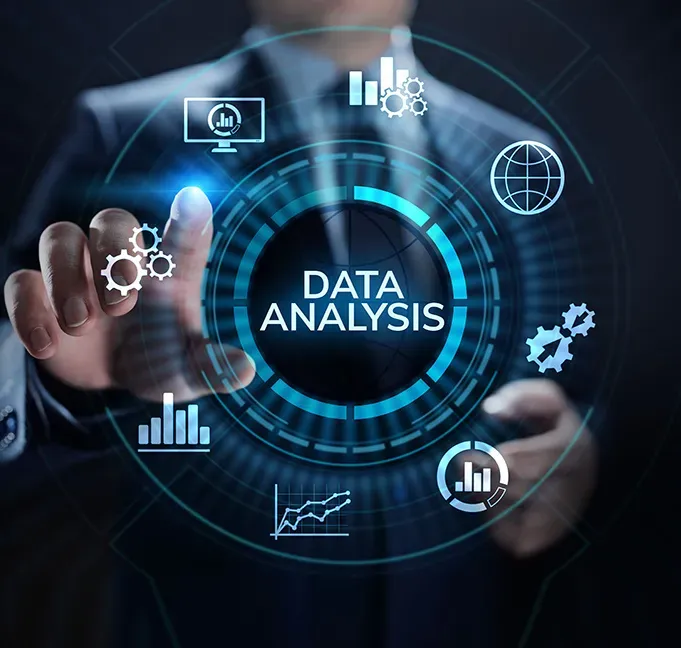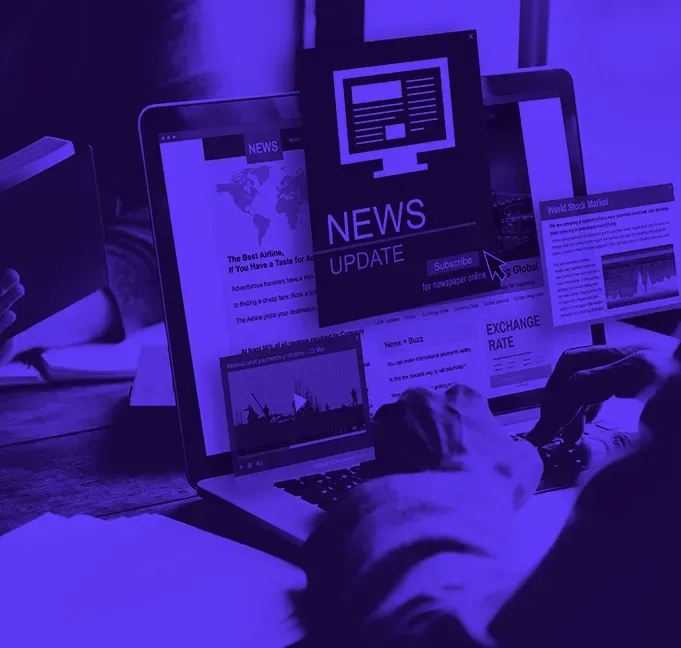The thing with business intelligence vs business analytics is that both these terms are used interchangeably and this includes professionals working in these domains as well! However, business experts are always debating if one is a subsection or the other – if there is indeed an overlap between these, how does that happen, and how are they defined?
In this article, we will attempt to provide you with a clearer idea of how these terms differ from each other. Understanding these differences helps business owners identify the right talent and tools for business growth.
Apply Here Online
Get Complete Details From Expert
Request a call →
What is Business Intelligence?

Business intelligence can be defined as an infrastructure that is used to analyze and store data that you collect from business operations. It is through the process of data analysis and collection that you get real-time metrics that offer you the support you need to make better decisions for your business. If you have a good BI dashboard setup, it will help you track performance benchmarks, maximize workflow, and spot patterns and trends.
BI reporting is key to interpreting data from structured environments. It makes it easy for professionals to act on insights without diving into code or complex queries.
This becomes evident in how BI focuses on descriptive analytics—what has happened and what is happening now.
Popular BI Tools:
- Tableau – Data visualization and interactive dashboards
- Power BI – Microsoft’s business analytics and visualization tool
- QlikView / Qlik Sense – Data discovery and self-service BI
- SAP BusinessObjects – Enterprise-level reporting and analytics
- Looker – Google’s data analytics and BI platform
- Domo – Cloud-based BI with real-time data insights
- IBM Cognos Analytics – AI-powered business intelligence
- MicroStrategy – Advanced BI and enterprise analytics
Also read:- Difference Between Business Analysis and Business Analytics
What is Business Analytics?

As per the business analytics tools definition, it is the process where you take the data that you get from business intelligence tools and convert it to actionable and, thus, useful insights. The commonest methods used in business analytics tools are data mining, forecasting, aggregation, and visualization.
Professionals working with business analytics tools often collaborate with data scientists to apply machine learning models and extract insights for future strategy.
Many consider business analytics to be a subset of BI, but the difference becomes clear in how BA leans heavily on predictive and prescriptive analytics.
Popular BA Tools:
- Python – Used for data analysis, machine learning, and automation
- R – Statistical computing and data visualization
- SAS – Advanced analytics, predictive modeling, and AI
- SQL – Advanced analytics, predictive modeling, and AI
- Apache Spark – Big data analytics and machine learning
- Google Analytics – Web traffic and user behavior analysis
- IBM SPSS – Statistical analysis for research and forecasting
- Alteryx – Data blending, predictive analytics, and automation
The Major Areas of Difference Between Business Intelligence and Business Analytics

1. The difference in terms of focus
This is one of the commonest areas of difference between the two and an easy way to distinguish them as well. A business intelligence analyst uses historical data to understand and make decisions on present business operations. On the other hand, in business analytics, professionals use data to predict future outcomes. That’s a direct difference—past vs future, reactive vs proactive. This could mean that business intelligence works through pain points in the internal workflow of an organization to increase efficiency or meet specific goals.
2. . The difference in terms of usage based on the size and age of an organization
The age and the size of a business determine whether it will hire a business data analyst or not. Usually, bigger organizations employ business intelligence while business analytics can be used by organizations of every size.
Larger enterprises leverage BI dashboard to streamline existing processes, while startups and digital-native firms rely more on business analytics tools to carve out future roadmaps.
In this way, the BI vs BA difference is driven by operational maturity and growth objectives.
The thing is that most businesses will benefit when they use both at the same time.
3. The difference in terms of dealing with structured and unstructured data
A BI analyst is far better equipped to deal with structured data because business intelligence tools work better that way. You get such data from ERP (enterprise resource planning) systems and financial software.
On the other hand, business analytics tools are better at transforming semi- and unstructured data into organized formats. The structured vs unstructured data in BI BA comparison highlights this: BI deals with clean, transactional data, while BA thrives in messy, multi-source environments.
Understanding the nuances of structured data in BI BA helps determine which tools and roles your organization truly needs.
Conclusion – the difference in terms of who should work with them
The difference ultimately comes down to who uses the tools and why. BI is ideal for non-technical users who need access to reports and dashboards.
Managers, HR teams, and marketing departments regularly rely on BI reporting and dashboards to support day-to-day decision-making.
Conversely, business analytics tools require skilled data professionals—analysts and scientists—who can manipulate models and derive strategic outcomes.
Whether you're interested in structured or unstructured data in BI BA, or you want clarity on the BI vs BA difference, it’s essential to upskill through programs that match your career goals.
No matter which of these areas you work in, you must have proper education and training through regular or online post graduate courses in India such as an MBA in Business Analytics from Amity Online or an MBA in Business Intelligence and Data Analytics from the same university.







